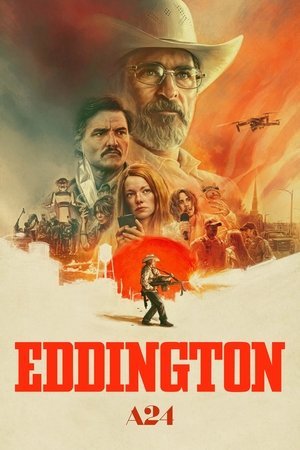Beyond the Screen: Considering the Lives of Adult Film Actresses
Okay, let’s talk about a topic often relegated to hushed tones or sensationalized headlines: the lives and experiences of adult film actresses. It’s complex, layered, and frankly, deserves far more nuanced discussion than it usually gets. The recent documentary "After Porn Ends 2" really hammered this home for me – it's tough viewing, but so necessary. Seeing those women grapple with the aftermath of their careers…it’s a powerful reminder that behind every performance are real people with hopes, dreams, and vulnerabilities.
The simple truth is, we often reduce these individuals to their roles, overlooking the journeys that led them there and the challenges they face afterward. It's easy to fall into simplistic narratives – victims or villains – but the reality is far more intricate. Think about how we consume media generally; we separate the performer from the performance, rarely considering the sacrifices or compromises involved in creating what we see on screen. But in this particular industry, that separation becomes blurred, often with significant personal and professional consequences.
"After Porn Ends 2," for example, highlights not just the financial struggles some face later in life (a sadly predictable outcome given the lack of robust union protections historically), but also the psychological toll. It's a brutal reminder that even within a seemingly liberated sphere, exploitation and misogyny can – and do – exist. It echoes themes we see explored in other films examining the price of fame and notoriety, like "Boogie Nights," which while fictional, captures a certain era’s anxieties surrounding image and identity with uncomfortable precision.
Of course, it's crucial to acknowledge agency. Many performers choose this path, motivated by financial independence or creative expression. But that choice doesn’t negate the systemic issues at play – the lack of long-term career prospects, the potential for exploitation, and the often-damaging societal stigma. It demands we ask ourselves: are we creating a system where informed consent truly exists? Are we providing adequate support for those who choose to leave or face unforeseen circumstances later in life?
Ultimately, approaching this topic with empathy and a willingness to listen is vital. “After Porn Ends 2” isn’t exploitative; it's an invitation to reconsider our assumptions and challenge the narratives we've been fed. It asks us to see beyond the screen and recognize the humanity of those who populate it – a humanity often obscured by sensationalism and judgment.




















